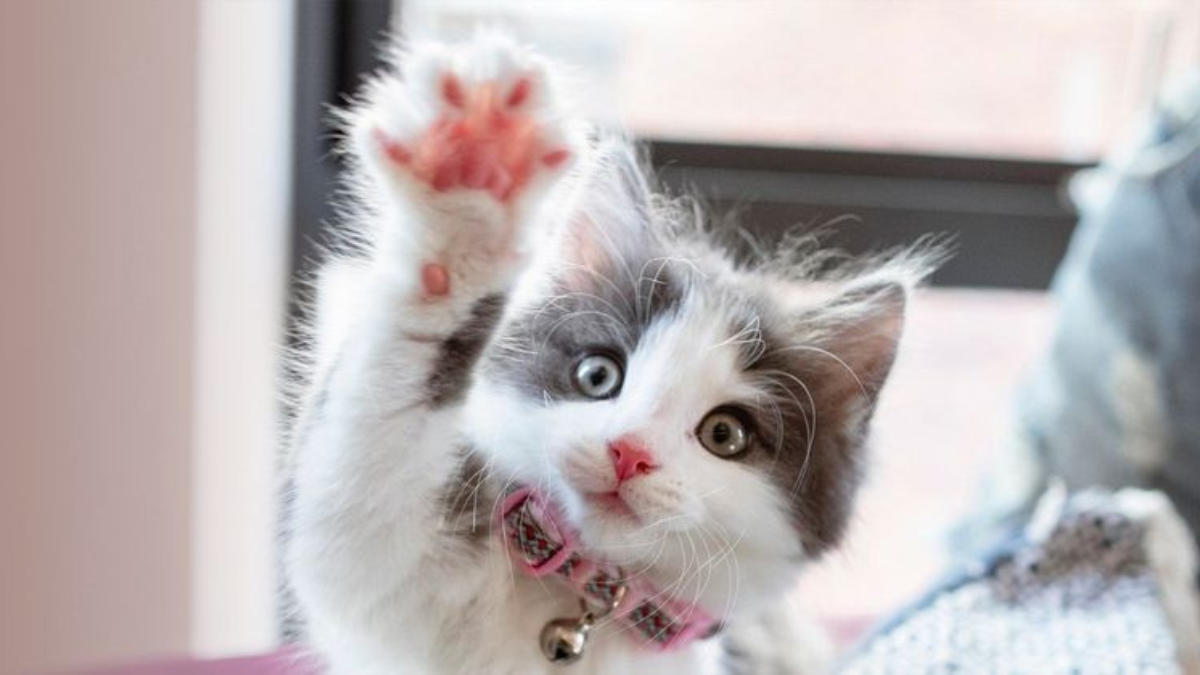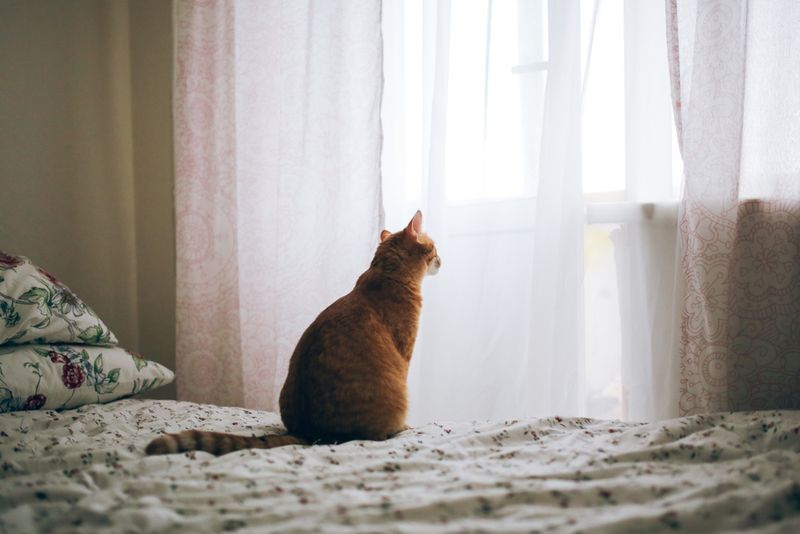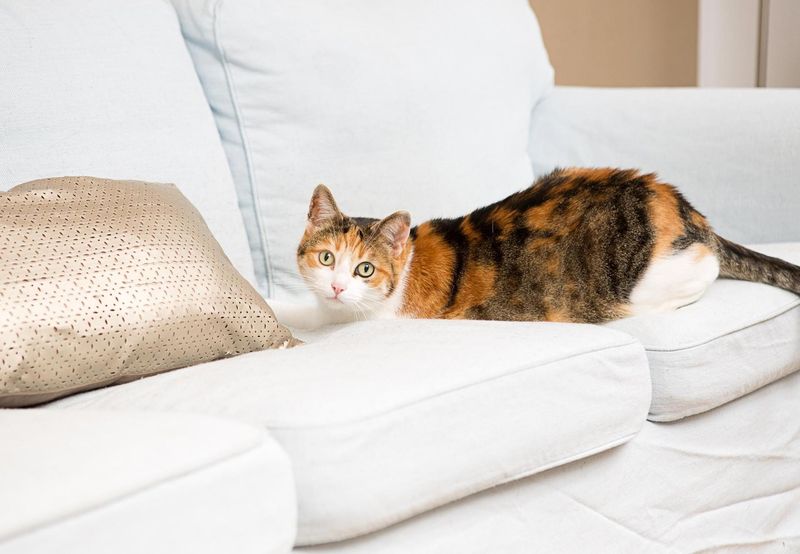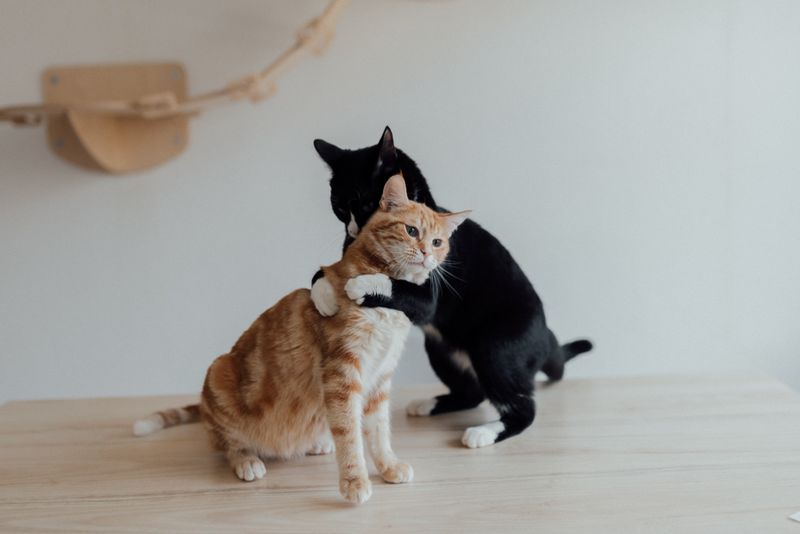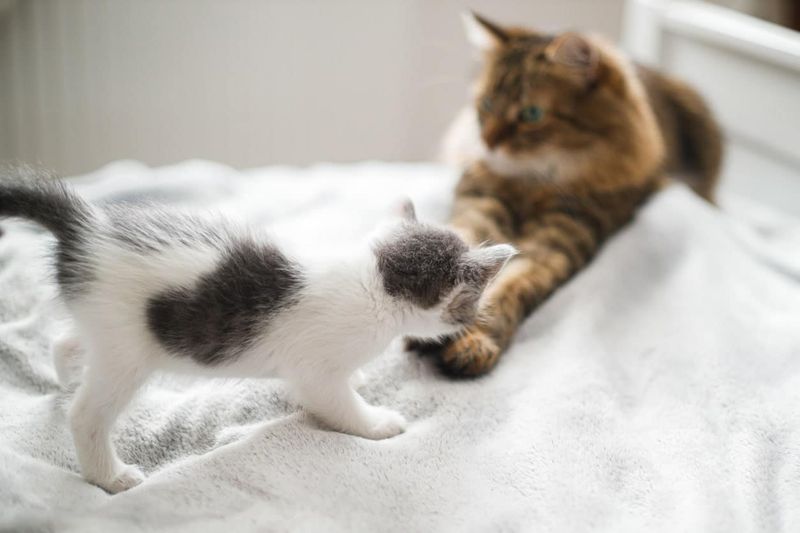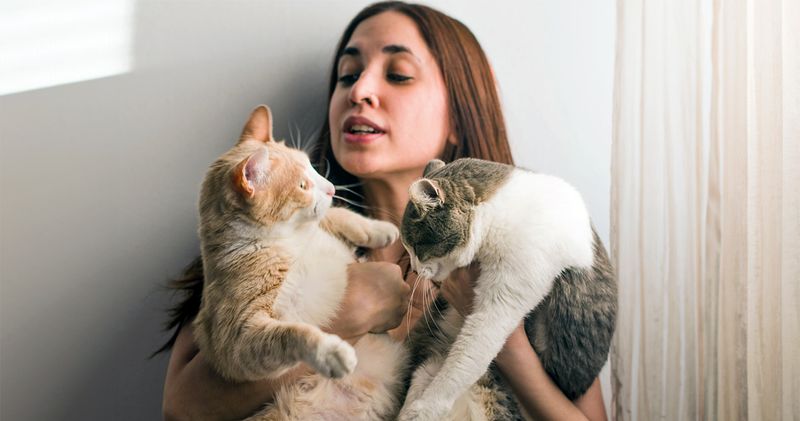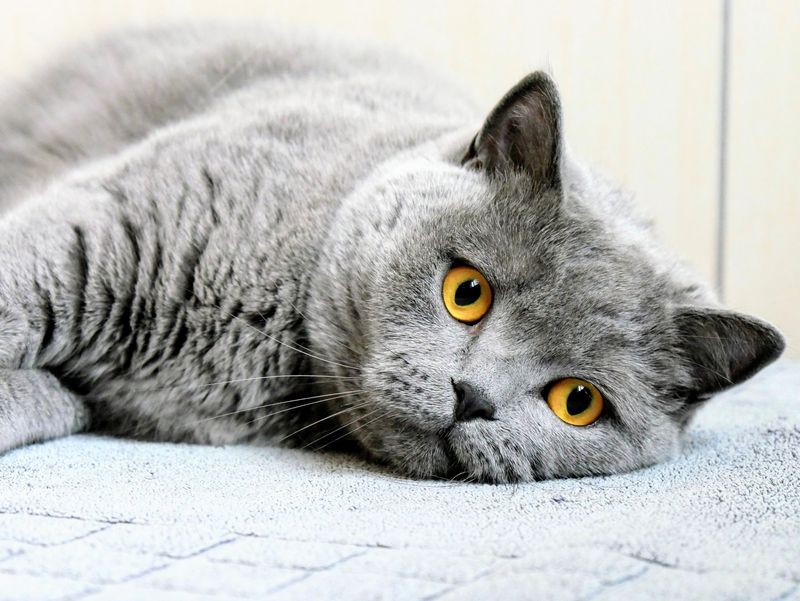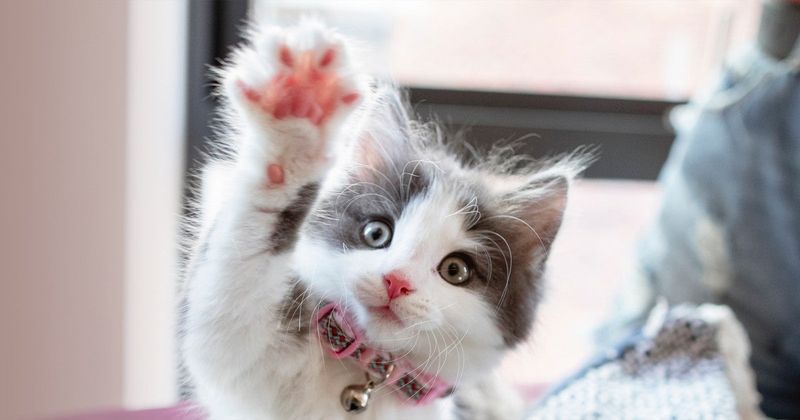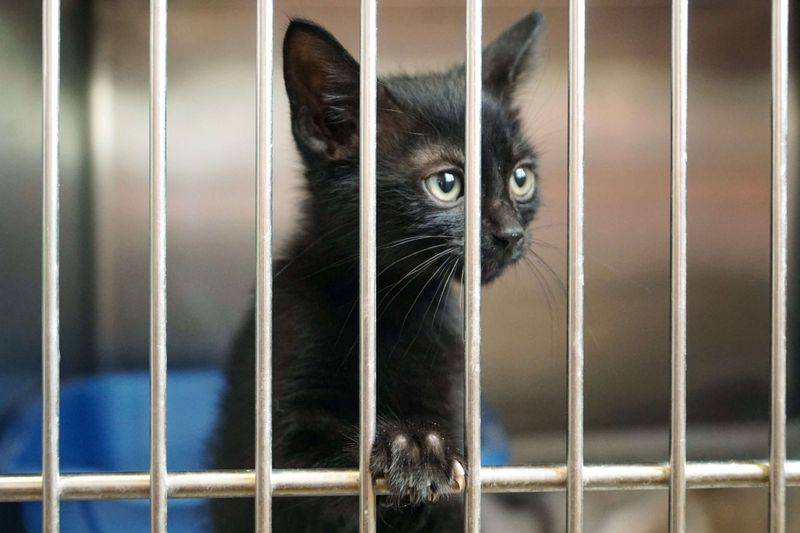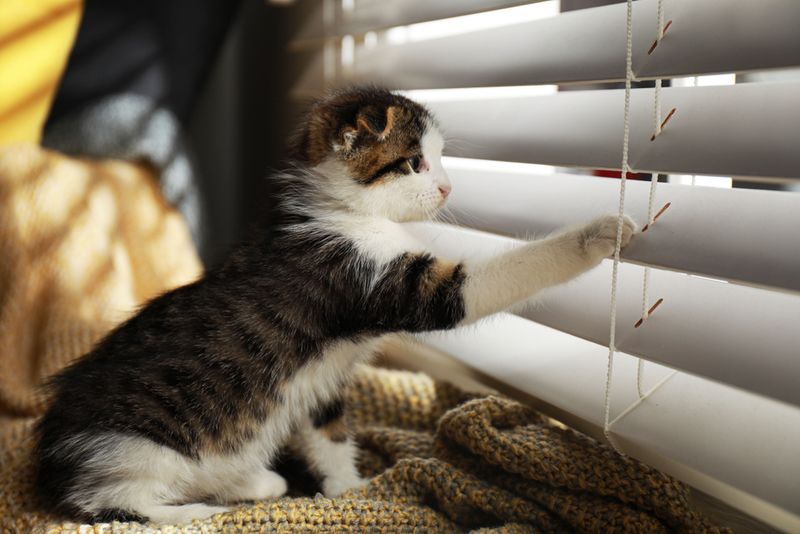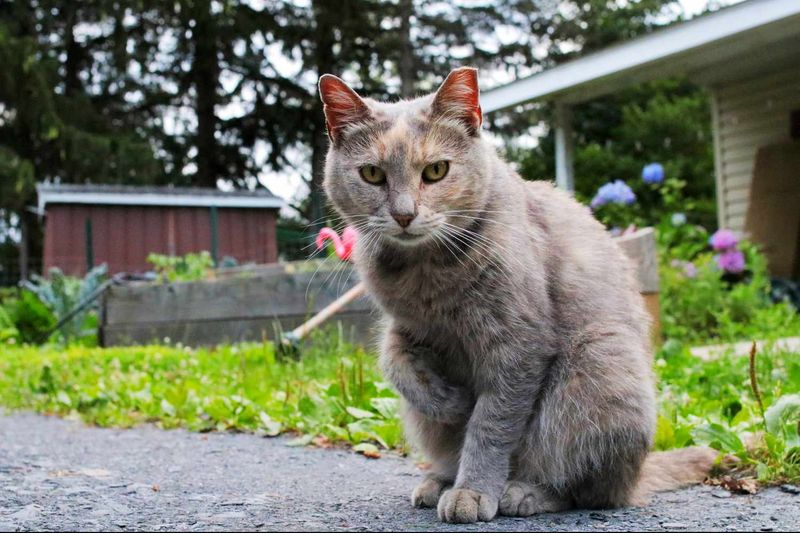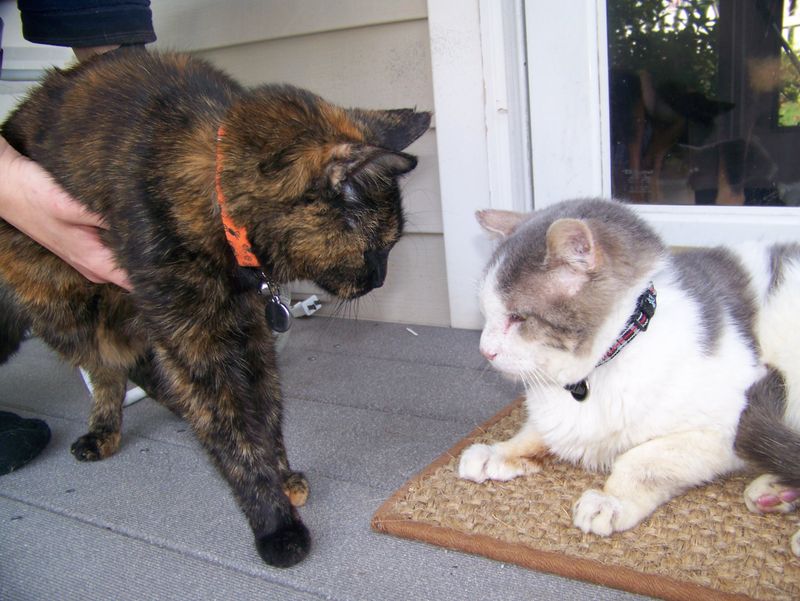📖 Table of Content:
- 1. Your Current Cat Seems Lonely
- 2. You Have Plenty of Space
- 3. Your Schedule Is Busier Than Before
- 4. You Notice Your Cat Playing With Other Cats
- 5. You Can Afford Another Pet
- 6. You’ve Recently Lost a Pet
- 7. Your Current Cat Is Young and Energetic
- 8. You Keep Looking at Adoption Websites
- 9. Your Home Feels Too Quiet
- 10. Your Cat Has Separation Anxiety
- 11. You’ve Spotted a Cat That Needs a Home
- 12. You’re Ready for the Introduction Process
Bringing a new cat into the home is a decision that can change the dynamic of a household. It requires thoughtful consideration, timing, and a clear understanding of what both the human and feline residents need. Not every moment is the right one—but some signs can quietly signal that it might be.
Existing pets often reveal more than they’re given credit for. A bored or lonely cat may start acting out, or become unusually clingy and vocal. These subtle behaviors could indicate that another companion would bring balance and enrichment.
Beyond feline behavior, household routines and emotional readiness matter, too. A stable schedule, enough space, and a desire to provide more love are key factors. When these elements align, it may be the right time to open the door to another whiskered companion.
1. Your Current Cat Seems Lonely
Cats showing signs of loneliness might benefit from a furry companion. Watch for excessive clinginess, following you everywhere, or meowing when you’re about to leave. These behaviors often indicate your kitty wants more social interaction.
Some cats will even groom empty spaces where another cat used to be if they’ve lost a companion. Your feline friend might sleep more than usual or show less interest in toys they once loved.
A playmate could provide the mental stimulation and companionship your cat craves when you’re busy or away from home.
2. You Have Plenty of Space
Roomy homes offer the perfect setting for multiple cats to thrive together. Each cat needs their own territory to feel secure and comfortable, including separate sleeping spots, climbing areas, and hiding places.
Multi-level homes work especially well since cats love vertical space. Features like window perches, cat trees, and shelves allow cats to claim their own zones without conflict.
When cats don’t have to compete for limited resources or space, they’re more likely to form positive relationships with each other rather than becoming stressed or territorial.
3. Your Schedule Is Busier Than Before
Life changes sometimes mean less time at home for cat parents. Long work hours, travel commitments, or new responsibilities can leave your cat alone more often than you’d like.
Cats are independent, but many still crave interaction and playtime. A feline friend can provide companionship during those hours when you’re away, reducing boredom and potential behavior problems.
Two cats will often entertain each other with chase games, wrestling matches, and mutual grooming sessions, helping both stay physically active and mentally stimulated even when their human is busy.
4. You Notice Your Cat Playing With Other Cats
Positive reactions to other felines is a green light for adding another cat. Maybe your kitty shows interest when seeing cats through windows or on TV. Perhaps they’ve had successful playdates with friends’ cats or gotten along well with fosters.
Friendly behavior like purring, relaxed body language, or playful paw swipes during these encounters suggests your cat might enjoy a permanent playmate. Cats who rub against other cats or share spaces comfortably are especially good candidates.
These social tendencies indicate your current cat has the right temperament to welcome a new friend into their territory.
5. You Can Afford Another Pet
Financial stability matters when considering another furball. Beyond the adoption fee, cats need regular veterinary care, quality food, litter, toys, and possibly pet insurance.
Multiple cats mean more routine expenses, plus the potential for emergency costs. Unexpected medical issues can arise at any time, and having savings set aside for pet care is essential.
Two cats don’t necessarily cost twice as much as one—you’ll already have many supplies, and some costs can be shared—but your budget should comfortably accommodate another set of basic needs without strain.
6. You’ve Recently Lost a Pet
Healing after losing a beloved pet takes time, but eventually, many households feel ready to love again. Both you and your remaining cat might be grieving the loss of a family member.
Cats form strong bonds with their housemates and can show signs of depression when a companion disappears. Changes in eating habits, excessive vocalization, or searching behaviors often indicate they miss their friend.
While no cat can replace the one you’ve lost, a new feline companion can help heal hearts and bring joy back into a home that feels too quiet.
7. Your Current Cat Is Young and Energetic
Kittens and young adult cats have boundless energy that can sometimes overwhelm their human companions. Their need for play and stimulation can be exhausting when you’re trying to work, sleep, or relax.
Young cats benefit tremendously from having another cat to wrestle with, chase around the house, and practice hunting skills together. This natural play helps them develop proper social behaviors and burn off excess energy.
A playmate close in age can redirect those 3 AM zoomies away from your sleeping form and toward a willing participant who speaks the same language of play.
8. You Keep Looking at Adoption Websites
Finding yourself browsing shelter websites “just to look” is a telltale sign your heart is ready. That feeling of excitement when scrolling through adoptable cats shouldn’t be ignored—it’s your instinct telling you something important.
Maybe you’ve even gone as far as visiting shelters or rescue events “just to see” who’s available. You might catch yourself thinking about specific cats days after seeing their photos or making mental notes about which ones would fit well in your home.
These persistent thoughts are often your subconscious mind’s way of confirming you’re emotionally prepared for another furry family member.
9. Your Home Feels Too Quiet
Homes sometimes develop an emptiness that even one cat can’t fill. You might notice yourself talking more to your single cat or wishing for more feline antics to watch and enjoy.
Cat owners often describe a special energy that multiple cats bring—the sound of cats chasing each other down hallways, the sight of two cats curled up together in a sunny spot, or the entertainment of watching their different personalities interact.
If you find yourself craving more of that unique cat energy or feeling like something’s missing in your living space, another cat might be the perfect solution.
10. Your Cat Has Separation Anxiety
Felines with separation anxiety show clear distress when left alone. Signs include excessive meowing, destructive behavior, inappropriate elimination, or excessive grooming that only happens when you’re gone.
Some cats become so attached to their humans that being alone causes genuine panic. Security cameras often reveal these cats pacing, vocalizing, or sitting by doors waiting for their person to return.
A feline companion can provide comfort during these stressful periods. While not a guaranteed fix for severe cases, many anxious cats find reassurance in having another warm, breathing creature nearby when their favorite human leaves.
11. You’ve Spotted a Cat That Needs a Home
Sometimes the universe has a way of bringing cats into our lives when we need them. Maybe you’ve encountered a stray that keeps returning to your yard, or a friend’s cat had kittens needing homes.
Perhaps a coworker is relocating and can’t take their cat, or you’ve fallen in love with a specific shelter cat’s story. These chance encounters often feel like fate, especially when the timing aligns with your readiness to add another cat.
When a specific cat has already captured your heart, it might be the universe’s way of expanding your feline family at exactly the right moment.
12. You’re Ready for the Introduction Process
Bringing cats together requires patience and preparation. The willingness to dedicate time to a proper introduction shows you’re ready for another cat. This process often takes weeks, not days, as cats slowly become familiar with each other’s scents before meeting face-to-face.
Having separate spaces for feeding, sleeping, and litter boxes during this transition period is essential. You’ll need baby gates, separate rooms, or other ways to control their interactions initially.
If you’re mentally prepared for potential hissing, temporary setbacks, and the gradual process of building feline friendship, you’re showing the maturity needed for multi-cat success.
